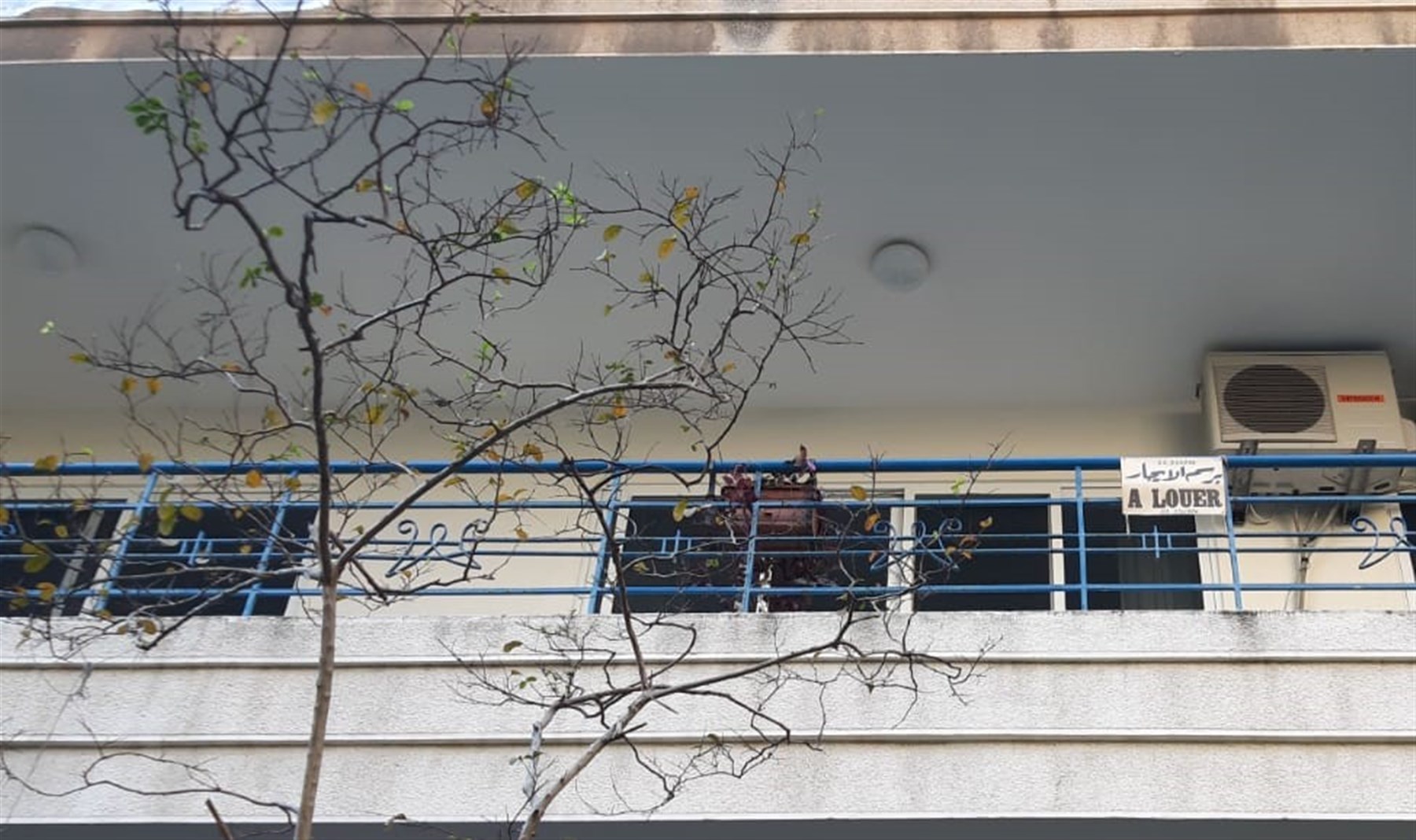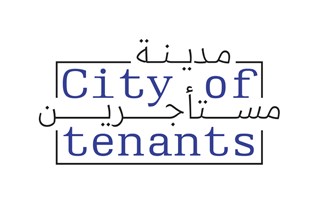City of Tenants: A User-fed Platform by and for Beirut's Renters

Tenants are hard hit by Lebanon’s ongoing collapse. The financial crisis strikes at the heart of the right to housing, threatening many with eviction and forcing most to choose between healthcare, food, and a roof over one’s head. As the national currency devaluates, tensions intensify between landlords and tenants: Everyday conversations are riddled with the stories of home-seekers who look for affordable apartments, negotiate rental fees, strive for better dwelling conditions, and struggle to stay in place.
A main characteristic of Beirut’s housing rental market is its opacity. While regulations delegate to an assumed well-functioning free market the role of an impartial arbitrator, in reality information is scarce and rights enforcement dismal.
Consequently, rental values and conditions are decreed often unilaterally by private landlords who set the terms of rental agreements (e.g., price, duration, maintenance). Landlords thus define price expectations without realistic evaluations, and they adjust asking prices based on their affinities vis-à-vis some households or the perceived abilities of others (e.g., refugees receive aid). Accordingly, rent prices and conditions typically vary considerably within the same building, sometimes for similar housing conditions. Conversely, tenants who operate in equal market opacity but with more limited options negotiate the terms of their contracts from a weak position, particularly because they are usually willing to make sizable concessions in order to avoid another displacement.
Starting from the premise that making rental information publicly accessible improves tenants’ conditions, AUB’s Beirut Urban Lab conceived the City of Tenants platform as a user-fed database and visualization tool that places information on existing rental arrangements in the city at the disposal of home seekers, tenants, researchers, and housing advocates. The platform hosts a map documenting actual rental conditions and prices recorded by tenants living in the city for tenants seeking adequate rent within Municipal Beirut. Thus, the platform equips tenants with data about real prices and shelter conditions. By doing so, the platform alters the narrative of who maps and who sets the tone. Against a space dominated by landlords who advertise speculative rental listings, the City of Tenants platform counters with a tangible picture of tenancy conditions and experiences in today’s Beirut. Thus, “actual” prices counter-map the inflated “asking” prices and question the speculative imaginaries that dominate the rental market. As such, the City of Tenants joins other initiatives in Lebanon (Housing Monitor) and elsewhere (e.g., the Anti-eviction Mapping Project, Find my Landlord, Housing Data Coalition, London Renters Union) that find in mapping a mode of disruptive action with the potential of building solidarity and political collectivity among concerned stakeholders on issues of rent and housing justice.
.gif)
To be sure, information is no substitute for a corrective revision of the (formal and informal) regulatory frameworks that govern today’s housing market. The undue power placed in landlords’ hands through the ownership model1 in an age of heightened financialization makes it urgent to restore the policy framework in ways that recognize housing as a right. If the platform provides a corrective to the dearth of information in Beirut, it does not take away from the urgency of instituting efficient rental protection, curbing speculation, and more generally recognizing constitutionally and operationally the social value of land.
The City of Tenants platform launches today with a first dataset of 1,800 rentals within Municipal Beirut collected between December 2021 and December 2022. The platform will provide more substantive information as it expands through additional users feeding data, but it is already possible to point to some critical components. First, it is evident that Beirut’s landlords charge significantly different rates for similar apartments/locations. In many cases, tenants living in the same building and renting similar apartments reported paying different rent. This difference was often sizable, reaching sometimes as much as ten folds for agreements governed by the new law and signed in the past two years. Second, households renting in Beirut are heavily burdened by rent and depend on either aid or relatives’ support to make ends meet. Thus, the reported average rental burden (i.e., cost of rent and basic services such as electricity, water, and building services) reached 95% for the households surveyed. These households therefore depended on aid (25% of households) and familial support (20% of households) to pay rent and stay in place. Third, most rental contracts are unrecorded. According to City of Tenants, 50% of respondent-households reported relying on oral contracts (more than 860 households), and another 15% (264 households) reported having a written contract that is unrecorded at the municipality.
These early findings hint to the deep injustices in the rental market. They not only highlight the imperative of gathering information on present rental conditions, but also the need to trace the long run rental trends in Beirut and expanding the model to other cities in Lebanon where information about rent is equally scarce. This is in the making.
1 Blomley, N. (2020). Precarious territory: Property law, housing, and the socio‐spatial order. Antipode, 52(1), 36-57; Byrne, M., & McArdle, R. (2022). Secure occupancy, power and the landlord-tenant relation: A qualitative exploration of the Irish private rental sector. Housing Studies, 37(1), 124-142.

